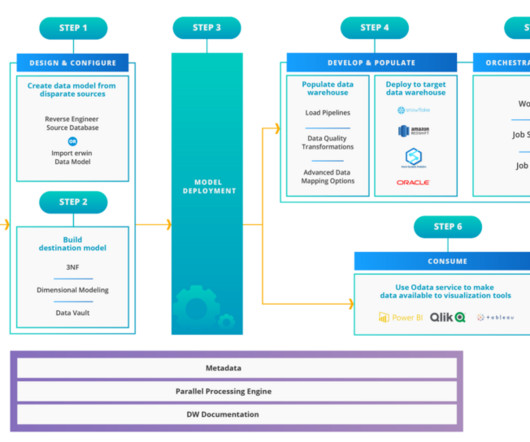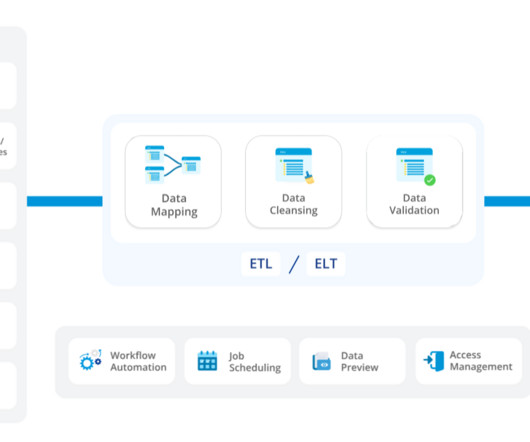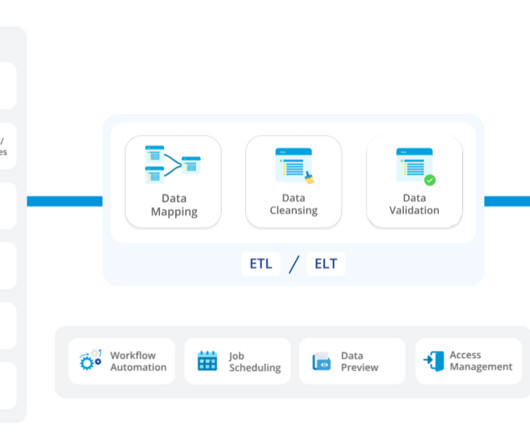Finance Data Warehouse for Reporting and Analytics
Astera
NOVEMBER 1, 2023
It serves as the foundation of modern finance operations and enables data-driven analysis and efficient processes to enhance customer service and investment strategies. This data about customers, financial products, transactions, and market trends often comes in different formats and is stored in separate systems.












Let's personalize your content